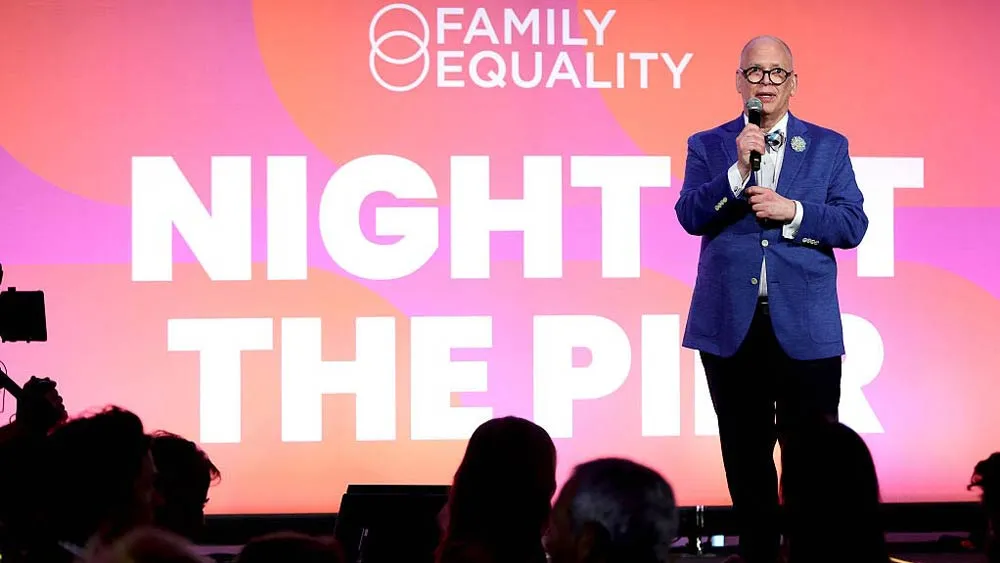January 19, 2016
Vatican Commits to Slavery-Proofing Its Own Supply Chains
Nicole Winfield READ TIME: 2 MIN.
The Vatican says it will ensure that its supply chains don't use forced labor after a forum of some of the world's biggest supermarket chains and food manufacturers announced new efforts to slave-proof their own supply chains.
Cardinal George Pell, the Vatican's top finance official, unveiled the new policy at a gathering Sunday of The Global Foundation, an Australia-based organization that seeks to encourage dialogue about global governance, sustainability and other issues. International Monetary Fund head Christine Lagarde attended the forum and met with Pope Francis on Monday.
Francis has sought to shine the spotlight on the scourge of human trafficking and modern-day slavery and has enlisted Christian and Muslim and other faith leaders to do the same.
During the Sunday gathering, representatives of the France-based Consumer Goods Forum, which has 400 supermarket chains and consumer goods corporations as members, announced that it had recently passed a resolution to "strive to eradicate forced labor from our value chains."
Members of the forum include supermarket chain Carrefour and foodmakers Barilla, Campbell's, Nestle, Hershey's and Bumble Bee. It wasn't immediately clear if the forum's internal resolutions are binding on members, though membership can be terminated.
Pell congratulated the Consumer Goods Forum for its pledge and announced the Vatican would do the same.
"It is against this backdrop that I am pleased to confirm that the Vatican itself will commit to slavery-proofing its own supply chains and I hope that today's announcement will serve as encouragement for others to follow suit," he said.
He noted that the members of the Consumer Goods Forum represents 2.7 trillion euros in annual sales, and directly employ 10 million people around the globe.
The Vatican's contribution to the movement to slave-proof supply chains pales by comparison, given it is a tiny city state of 44 hectares, a few hundred residents and a few thousand employees. But it does have a sought-after tax-free supermarket and department store.


